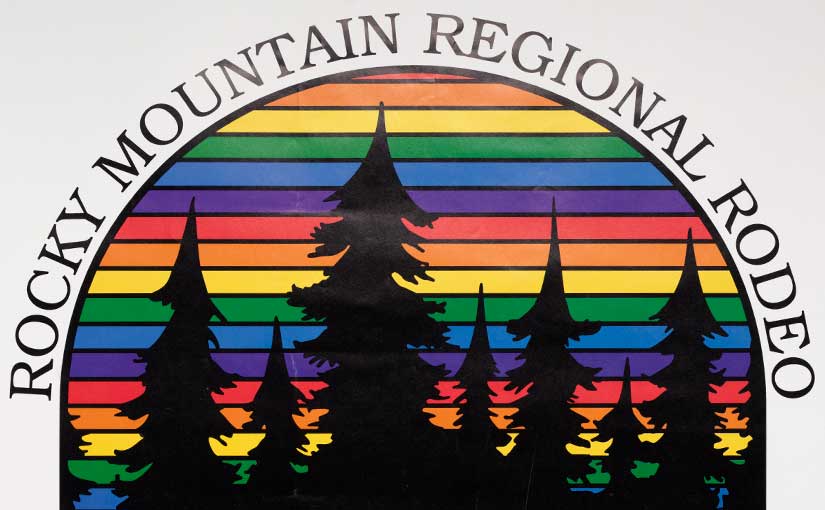by Greg Bond, Sports Archivist and Curator, Joyce Sports Research Collection
In observance of LGBTQ Pride Month, Rare Books and Special Collections is pleased to highlight the recently acquired Gay Rodeo Ephemera Collection (MSSP 10128). Containing programs, posters, fliers, and other printed material, the collection documents the history of rodeo organizations and rodeo events by and for LGBTQ people.
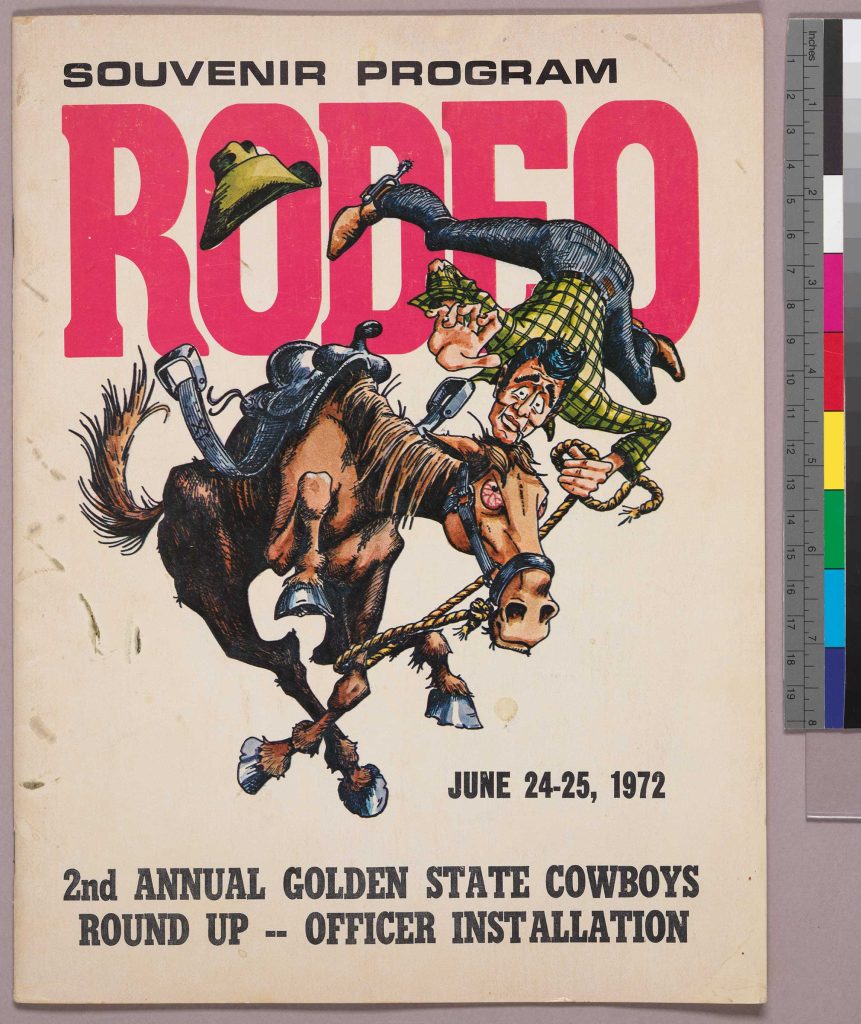
One of the earliest organized groups of gay rodeo enthusiasts was the California-based Golden State Cowboys (GSC) founded in 1969. In the introduction to the 1972 Souvenir Rodeo Program for the 2nd Annual Golden State Cowboys Round Up (MSSP 10128-01), GSC President Ernie Wilbanks described the group’s early history and explained the organization’s mission:
“Admittedly, we have had problems and growing pains but we have never lost our self respect and hopefully can become an even greater source of community pride. Without a goal no race is ever won and we believe the same criteria can apply to an organization without a purpose. Our purpose is one of friendship in performing those facets of service to our community that promote the honor and acceptance of our fellow man.”
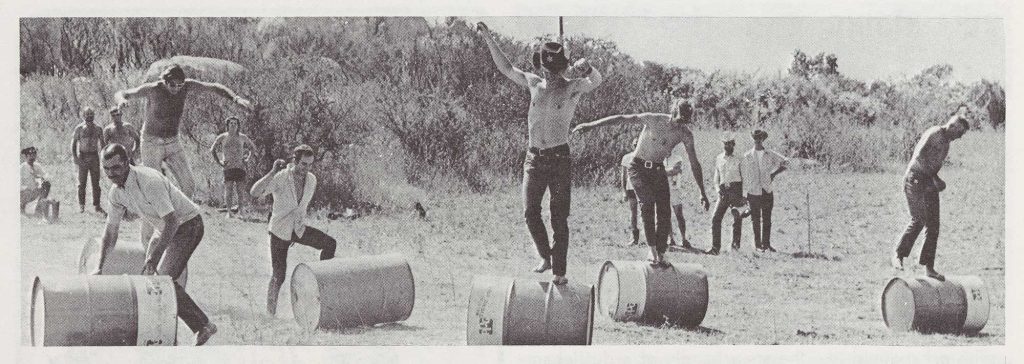
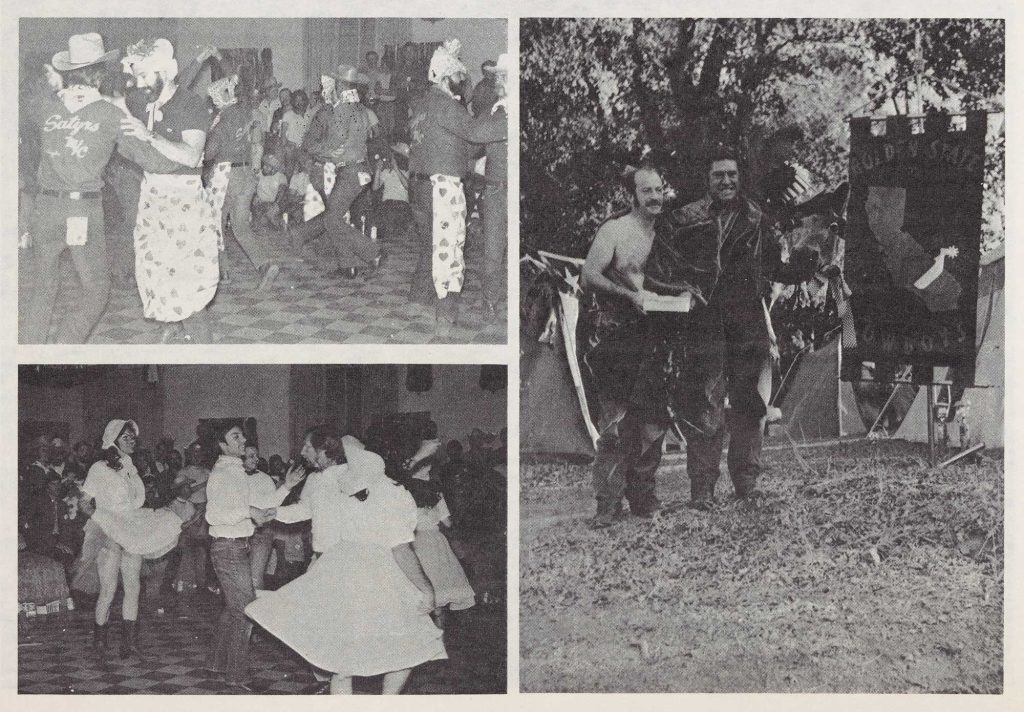
A relatively small social organization for fans of rodeo and rodeo culture, the Golden State Cowboys folded by about 1976. Other organizations soon sprung up in the late 1970s and early 1980s—particularly in Nevada, California, and Colorado—that sponsored some of the first rodeos that explicitly featured and celebrated LGBTQ rodeo participants.
Although originating in the Western United States, organized gay rodeos slowly spread around the country. One of the earlier significant gay rodeos was held in New York City in Madison Square Garden on Saturday, October 1, 1983. Sponsored by the pioneering gay rights organization, Gay Men’s Health Crisis, Inc., the “World’s Toughest Rodeo” was an AIDS Benefit fundraiser (MSSP 10128-002).
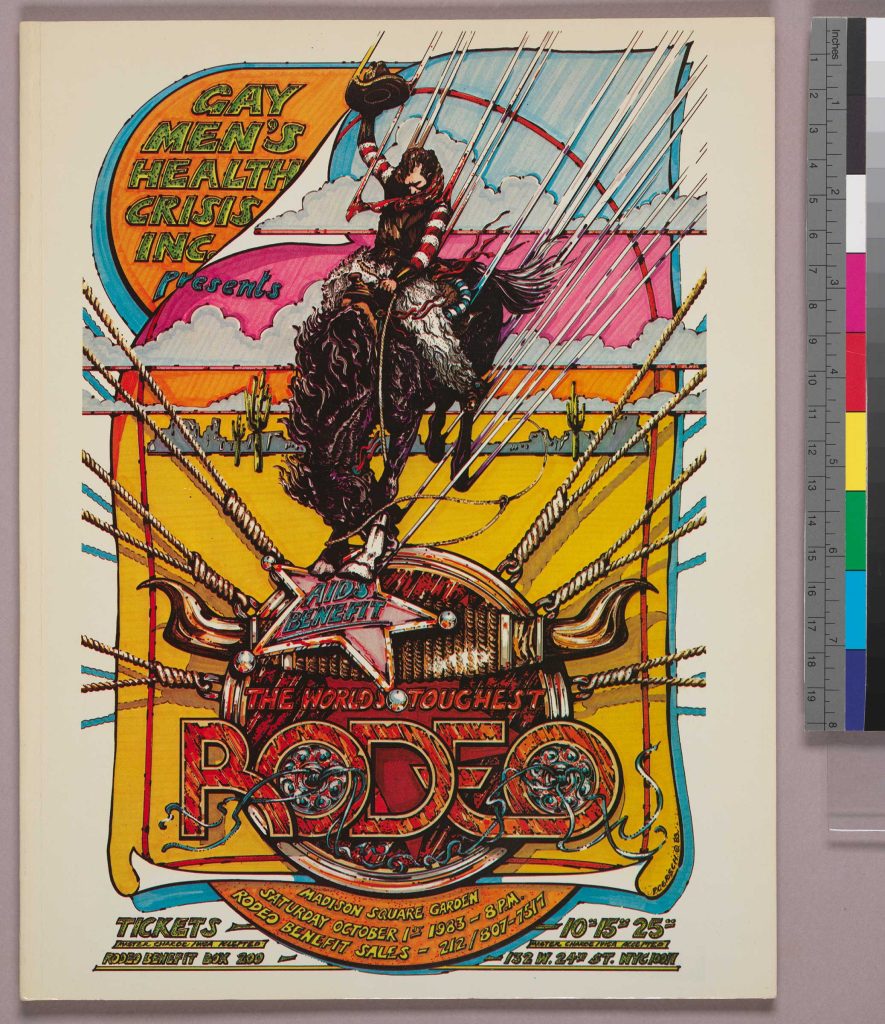
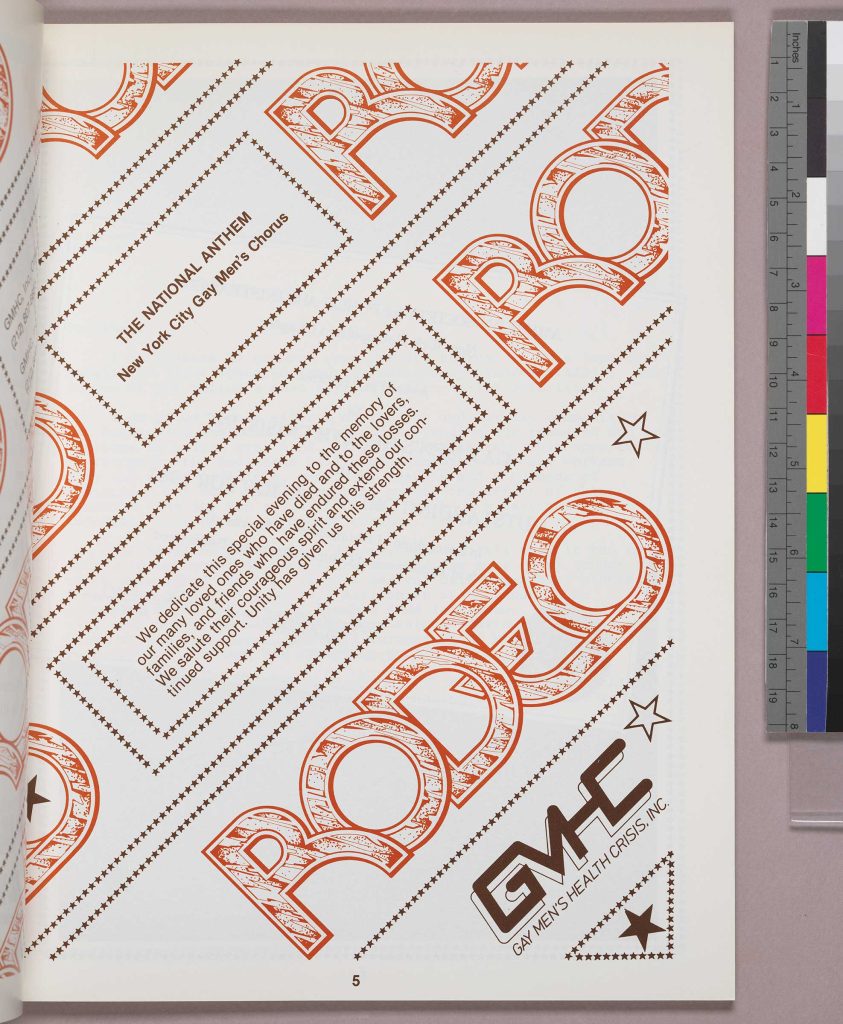
Paul Popham, the President of Gay Men’s Health Crisis, Inc., described the purpose of community-building activities like the “World’s Toughest Rodeo” in the program for the event:
“What emerged as a horrifying disease that sapped our physical strength has resulted in newly-found strength in other areas. We have discovered communal strength, spiritual strength, and political strength. We find that we are truly more powerful than we had ever dreamed. By transcending the various social boundaries that kept us apart as strangers, we find that we are not only a nation, but an entire world of brothers, sisters, and friends.
A battle it has been and continues to be. But as we march, in greater numbers, and with greater courage, love, and hope, our victory seems more possible with every step.”
Gay rodeos increased in popularity during the 1980s and 1990s, culminating in the founding of the International Gay Rodeo Association (IGRA) in 1985. The IGRA sponsored the first International Gay Finals Rodeo competition in Hayward, California, in September 1987. RBSC’s Gay Rodeo Ephemera Collection includes a production copy of the poster for the inaugural IGRA championships (MSSP 10128-08-F2).
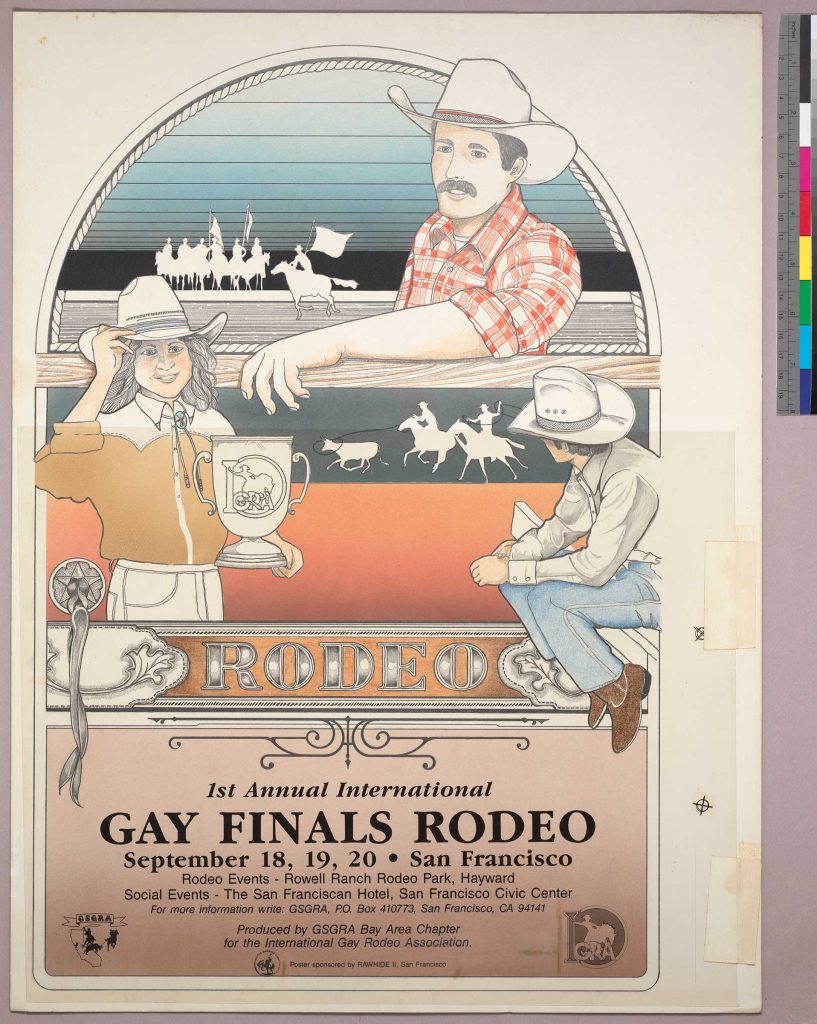
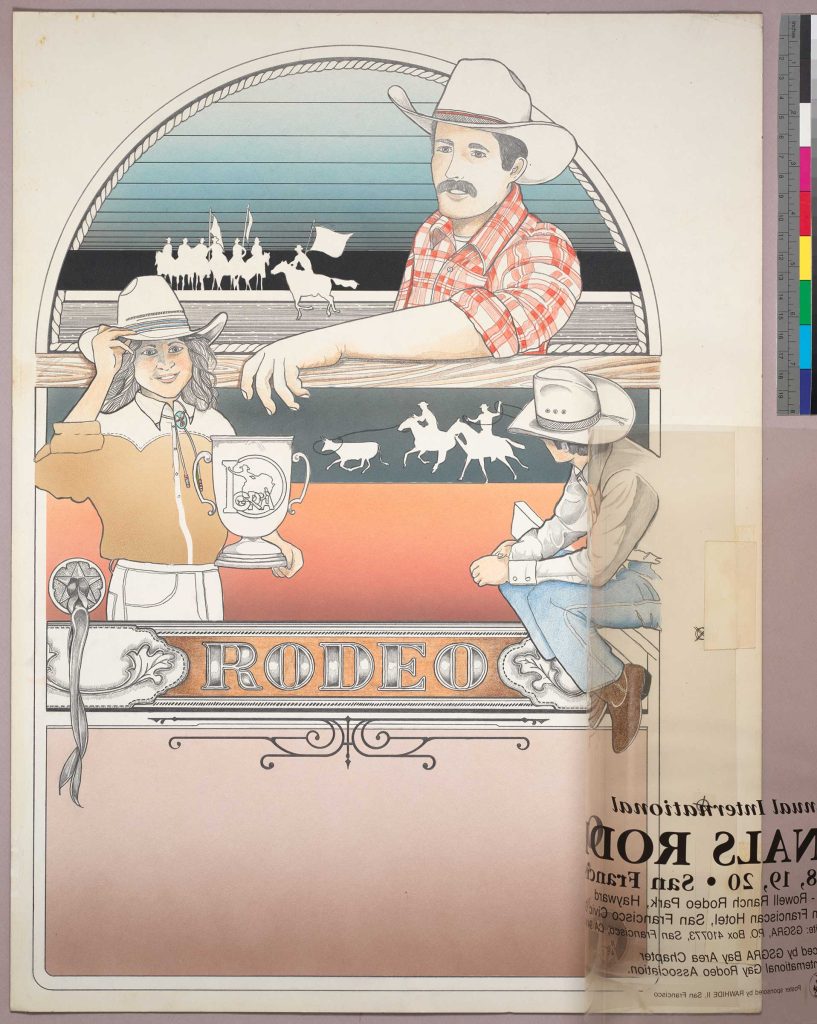
The collection includes other programs, posters, and pieces of ephemera that demonstrate the proliferation of gay rodeos. The holdings include, for example, a poster for the 1994 12th Annual Rocky Mountain Regional Rodeo sponsored by the Colorado Gay Rodeo Association (MSSP 10128-09-F2) and the program for the 1996 North Star Regional Rodeo and Great Northern Shindig in Lake Elmo, Minnesota, sponsored by the North Star Gay Rodeo Association (MSSP 10128-06). As seen on these two items, the newfound popularity of gay rodeos attracted corporate sponsors that helped to fund these events.
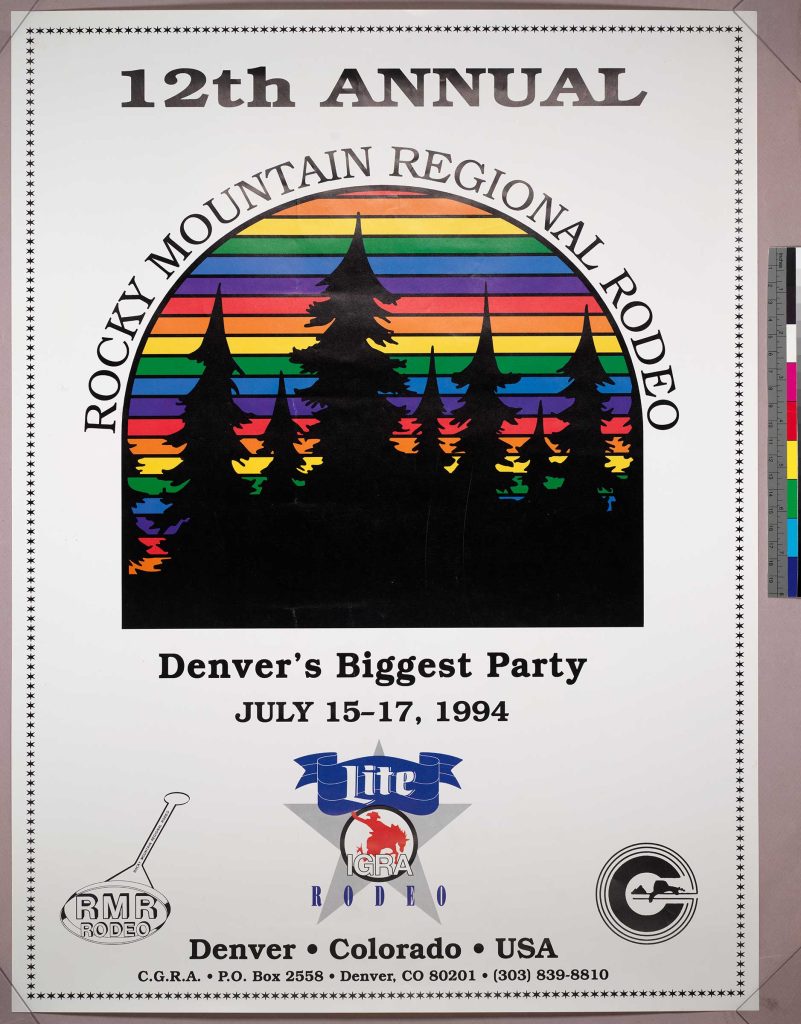
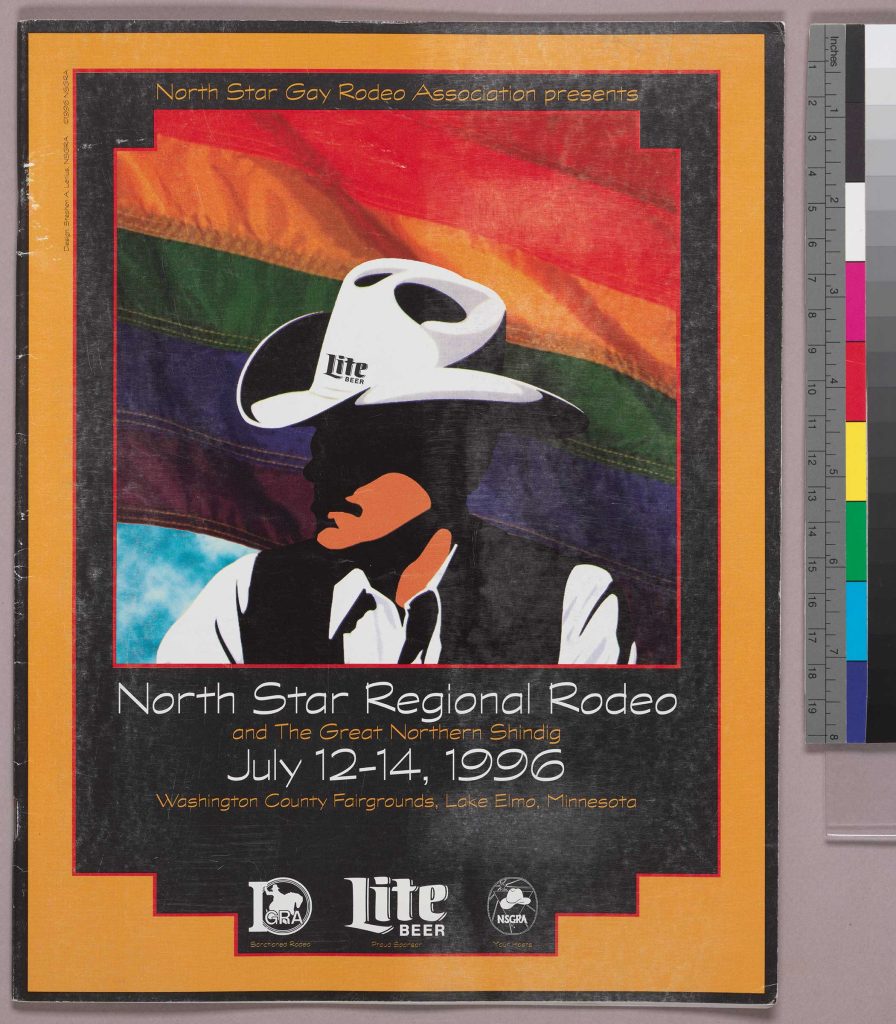
The Gay Rodeo Ephemera Collection is open and available to researchers. RBSC welcomes new donations to expand the contents of this important collection.
For further reading:
Nicholas Villanueva, Rainbow Cattle Co: Liberation, Inclusion, and the History of Gay Rodeo (Lincoln: University of Nebraska Press, 2004).
Gay Rodeo History: A Project Of The Gay & Lesbian Rodeo Heritage Foundation [website].
